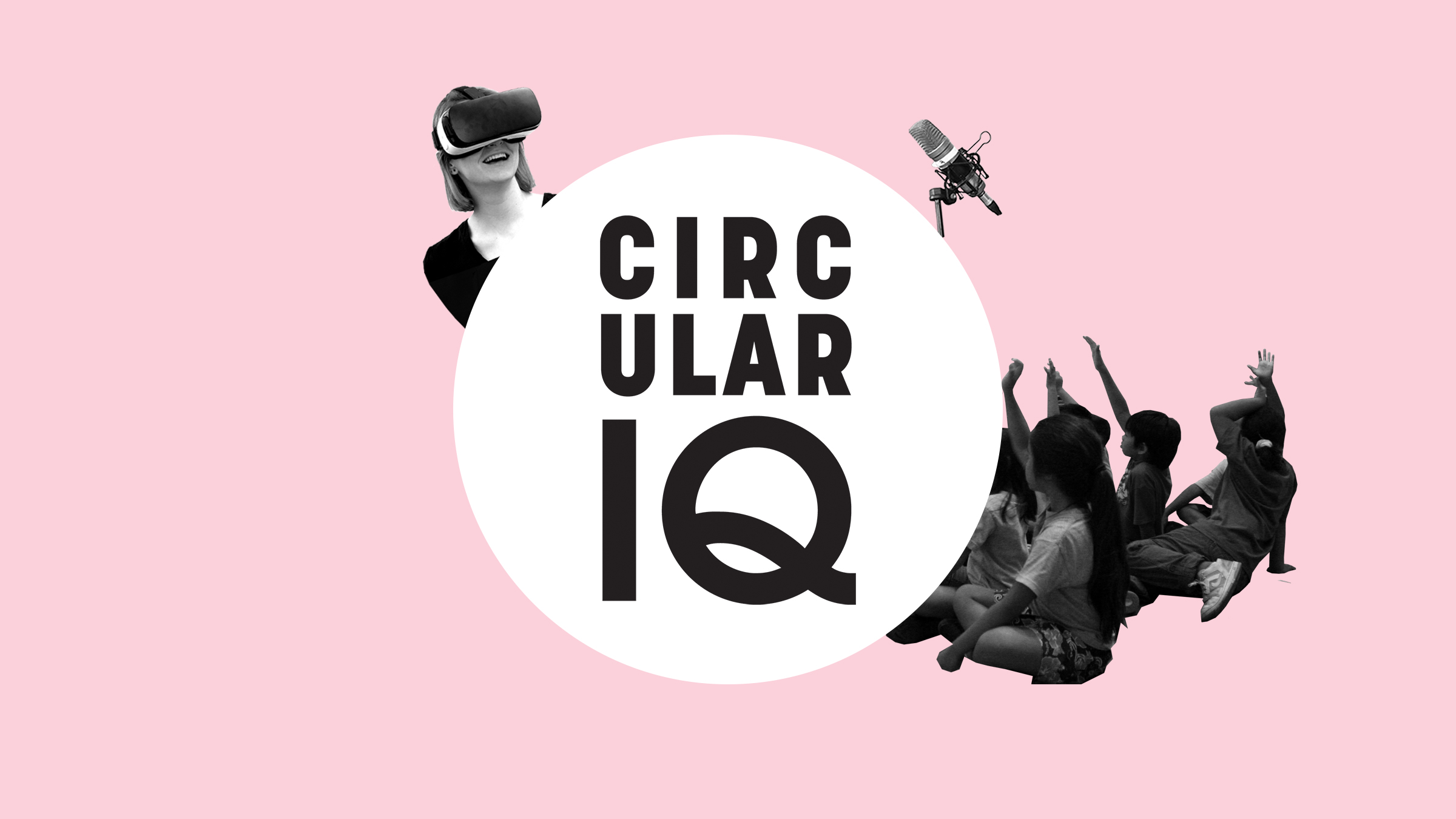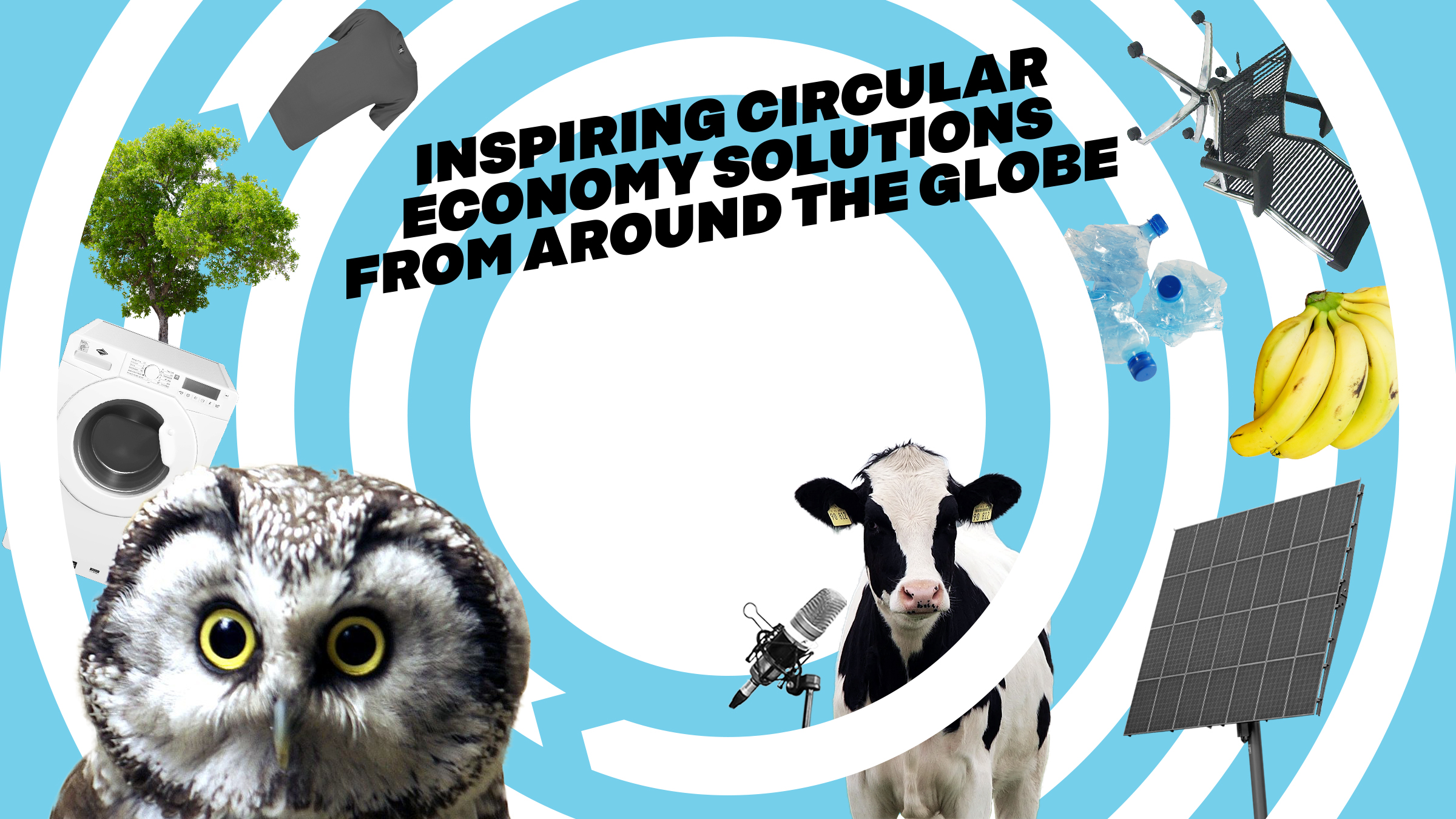Circular IQ’s digital platform CTI Tool enables businesses to understand the impact of their product components throughout their entire lifecycle. The CTI Tool was developed in partnership with the World Business Council for Sustainable Development (WBCSD) to support the Circular Transition Indicators (CTI) Framework. The data-driven metrics generated through the platform help organisations develop clear targets to improve their circularity alongside their value chain partners. Those metrics support companies on their path towards the circular economy.
There has been a gap between standards and the actual needs of businesses, including engaging their supply chains in a democratic way. With experience in helping businesses strengthen their sustainability performance, the company noted that, though well-intentioned, businesses often find it very challenging to navigate, adopt and achieve the numerous sustainability standards and goals that exist. In partnership with the WBCSD Circular IQ is able to engage with and be heard by the global circular economy community.
Problem
Resource depletion is a global problem of immense magnitude. It has been estimated that of generated waste only a small proportion is recovered, while waste generation will increase by 70 per cent by 2050. Businesses are directly affected, facing massive impacts on profitability and resilience while confronting pressures from increasing legislation on waste recovery, taxation and bans. Without knowledge on what a product is made of and how to reuse and recycle it, all its components become waste.
Solution
Circular IQ’s CTI Tool enables businesses to measure circularity, report on it and identify improvement potential in a safe, transparent and third-party-verifiable way, helping organisations align circular goals with understandable metrics. The basis of the solution is the tool, which shows the use of secondary and/or renewable resources and recyclability as well as the practical considerations for reusability. Clear and actionable reports and dashboards support businesses in decision making and setting circularity goals throughout the value chain.
By democratising its platform for all members of a customers’ value chain, Circular IQ contributes to systemic circularity. In this way, circularity is not assessed or measured in silos of the supply chain, but rather all supply chain partners are incentivised to use the CTI Tool. The platform also enables users to benefit from the knowledge and data gathered about the product components to simplify the process and ensure uniform data about components is used.
Environmental impact
With the CTI Tool, businesses are able to measure the environmental impacts of their value chains through various lenses, including greenhouse gas emissions at the product or material level, waste tonnage and water use. Industry leaders gain full transparency to their environmental impacts and set goals against those baselines to achieve greater circularity. If each leader shifts from non-renewable to recycled content in their products, the impacts on greenhouse gas reductions are enormous.
Social impact
Businesses can measure the social impacts of their value chains with the CTI Tool, assessing factors such as forced labour practices, fair wages and health and safety. All the data gathered in the accounts can be verified by independent third parties and used for sustainability reporting. The platform provides results that inspire customers to shift their procurement processes towards sourcing from ethical and certified suppliers.


Inspired?
Check out all solutions.